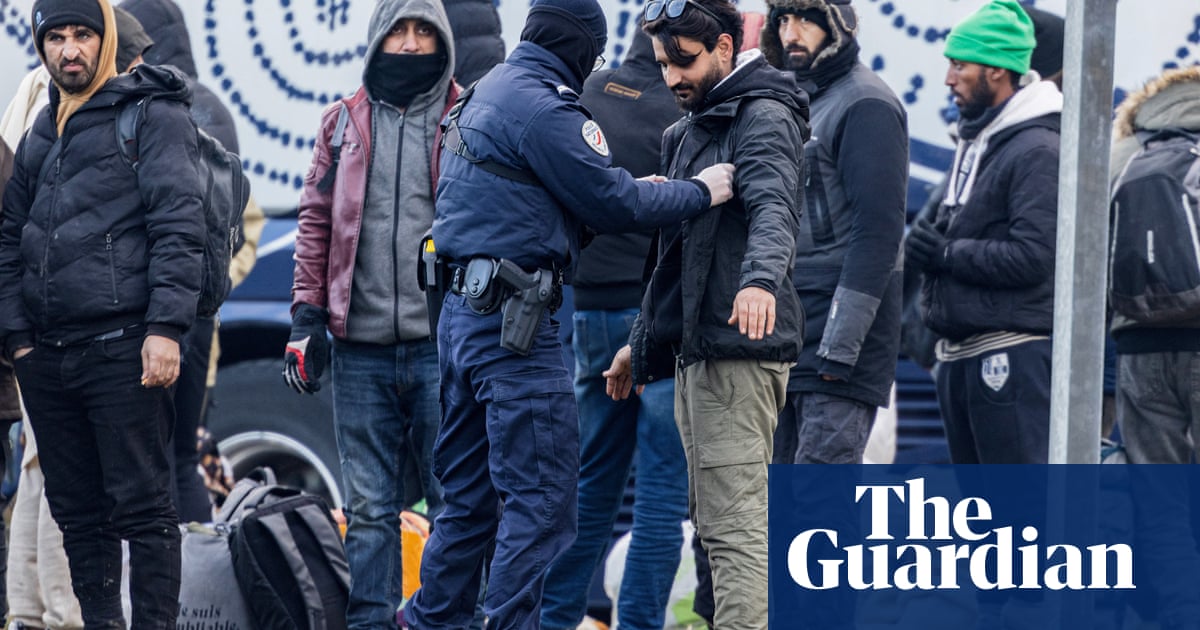
ith handshakes banned as EU leaders gathered in Brussels for their first in-person meeting since the coronavirus outbreak, greetings had to be creative. Many, such as Emmanuel Macron and Charles Michel, opted for a friendly elbow bump. Others offered polite bows.
After a series of unsatisfactory video conferences, meeting in person was deemed essential if EU leaders are to bridge their differences on a €1.8tn (£1.6tn) financial settlement in a fiendishly complex negotiation that exposes profound differences on fiscal discipline, rule of law and the climate emergency. “The stakes couldn’t be higher,” said Ursula von der Leyen, the European commission president and architect of a €750bn coronavirus recovery proposal intended to help Europe’s economy through the deepest economic shock since the second world war. The leaders are also trying to finalise a deal on a seven-year, €1.074tn budget after talks failed in February.
Having arrived under grey skies, Macron described the coming hours as “absolutely decisive”, adding: “Our European project is at stake.”
The summit, which is slated for two days but could run into Sunday, is taking place under strict hygiene conditions, with extra cleaning and changes to the ventilation system to ensure fresh air at all times. Meeting in the largest room in the egg-shaped dome of the Europa building, each leader found a bottle of hand sanitiser and a sealed packet of clean headphones at their place.
All took the advice to wear a mask on arrival, although Bulgaria’s prime minister, Boyko Borisov, allowed his to slip down his face, leaving his nose exposed. Luxembourg’s Xavier Bettel eschewed the pale blue pharmacy option for a pop-art mask reading “moien!” (morning, in Luxembourgish).
Angela Merkel, the EU’s longest-serving leader, who is seen as a crucial broker in the talks, said she expected “very, very difficult negotiations”. But before getting down to business, gifts were exchanged. It was Merkel’s 66th birthday, and she was presented by Macron with a bottle of fine white bourgogne. Borisov gave her a traditional silver flask containing Bulgarian rose oil.
Merkel posed for a photo with Portugal’s prime minister, António Costa, also marking his birthday. She gave him a copy of a 17th-century map of Goa, a former Portuguese colony where Costa has family ties.
Michel, the European council president, wished the pair a happy birthday and offered congratulations to the Danish prime minister, Mette Frederiksen, who got married on Wednesday. She had had to change plans three times when a general election, coronavirus and then this weekend’s summit got in the way.
But the festive mood didn’t last long. The Dutch prime minister, Mark Rutte, the toughest member of the self-styled “frugal four” group of countries who want a lower EU budget, rated the chances of a deal at less than 50%. “I am not optimistic, but you never know. Nobody wants another meeting,” he said.
Rutte insists his government should have the power to veto coronavirus recovery grants, a demand deemed unacceptable by France, Spain, Italy and others. Among the frugal four, which also comprises Denmark, Sweden and Austria, “he is the only one sticking to unanimity,” an EU diplomat said. “If he is ready to move, you can discuss something.”
At February’s EU budget summit, Rutte irritated Merkel and others by ostentatiously telling the press he had brought a book about Frédéric Chopin to pass the time. “No biographies this time,” Rutte told Dutch media on Friday. “It will be hard work.”











